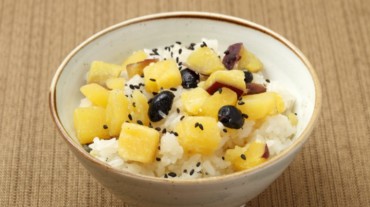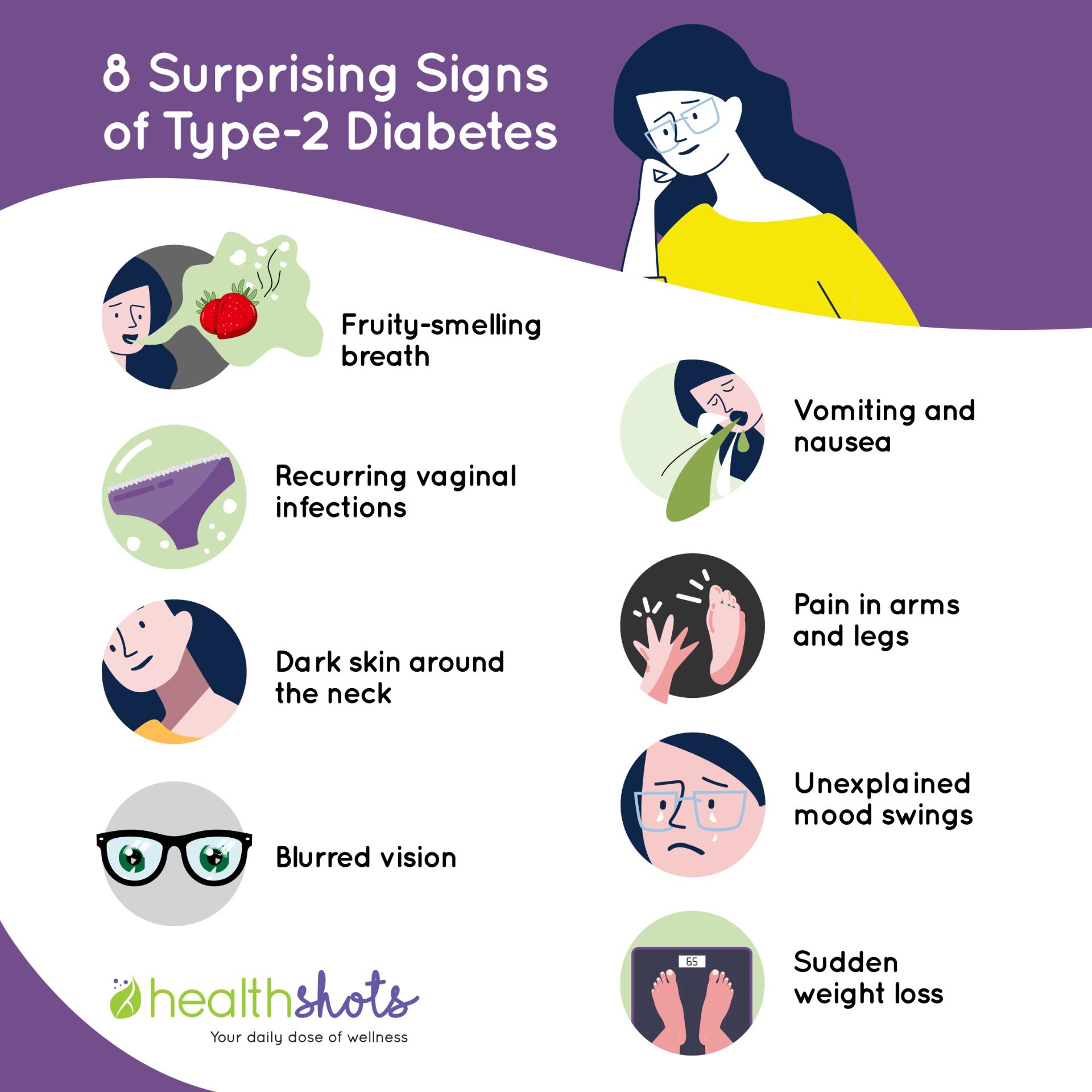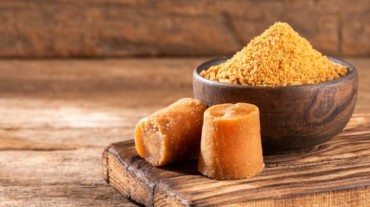
Diabetes is considered as one of the fastest-growing health challenges of the 21st century. As per the International Diabetes Federation (2019), 463 million adults worldwide are currently living with diabetes. This prevalence has been rapidly rising in India, which today ranks second in the world for the number of people with diabetes.
Diet plays an essential role in managing diabetes, along with medication and physical activity. This ‘medical-nutrition therapy’ provides a holistic approach to dealing with diabetes.
Indian meal pattern, unlike the West, is predominantly cereal-based and includes wheat, rice and other grains as well as millets like jowar, varagu, nachani, and bajra. Starchy foods such as potato, sweet potato, sabudana and yam are also widely used in our Indian diet. Excess consumption of these foods increases the risk of obesity and metabolic syndrome thereby, increasing the risk of diabetes.
However, when it comes to diet and diabetes there is plenty of misinformation widely spread on the internet, WhatsApp and various other media platforms. This is leading to confusion amongst people about dietary modifications with diabetes. That’s why today we’re busting some myths about diet and diabetes.

Fact: Eating excess sugar doesn’t lead to diabetes directly. A calorie-dense diet, rich in sugars and fats, can lead to increased belly fat or central obesity which indirectly increases the risk of diabetes. On the other hand, research shows that consumption of certain sugary beverages like juices, milkshakes and carbonated colas do have a definite correlation with the onset of diabetes.
Fact: Although jaggery is a less processed version of sugar, all the three—namely jaggery, honey and sugar—are considered as simple sugars. They have a similar content of calories and carbohydrates and can rapidly increase blood glucose levels post-consumption. Therefore, limiting these high glycemic index sugars in the diet is advised in diabetes.

Fact: All cereals, including wheat and rice, come under the category of carbohydrate-rich foods. Rice has a higher glycemic index and therefore, restricting rice and rice products can have a positive effect on blood sugar control. One should avoid consuming roti with rice or bhakri with rice as it can increase the glycemic load of the meal. Instead, only one carbohydrate option (rice or wheat) should be consumed at a time, that too in moderate quantity.
Fact: Sugar substitutes like stevia and saccharin are approved by the American Food and Drug Authority, and are generally considered safe to consume in small quantities such as in beverages like tea and coffee. Sweets prepared using sugar substitutes might be sucrose-free, but are rich in fats and calories—rendering them unhealthy to consume.
Also, watch:
Select Topics of your interest and let us customize your feed.
PERSONALISE NOWFact: A customized diet plan prescribed by a qualified clinical nutritionist or registered dietician (RD) along with adequate physical activity can delay and sometimes temporarily reverse the onset of diabetes. Including condiments and spices such as fenugreek (methi) seeds, cinnamon and kala jamun in the diet can certainly enhance the nutritive value of a meal. However, no superfood has been shown to independently cure diabetes.
The covid-19 pandemic has generated increased awareness amongst people regarding the need for lifestyle changes. An overnight attempt to boost immunity can be futile and sometimes harmful to health. Instead, a steady change towards healthy food choices, adequate exercise and work and rest balance carves the path towards long term good health and fitness.